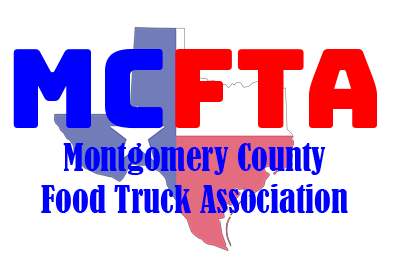Tips to Ensure Food Safety on Your Truck
Food truck management can be simplified and standardized to reduce the risk of foodborne illnesses, as well as encourage the production of high-quality foods. By following these approaches to food safety, food truck operators will be more able to uphold safety standards:
- Always have access to clean water
Food trucks should always be located near a clean water source or have enough potable water on hand. This is especially important because employees need to wash and eliminate any illness-causing germs from their hands. Access to clean water will also allow vendors to sanitize their utensils, equipment, and surfaces.
- Keep clean and use gloves
High-quality foods begin with good hygiene. All personnel in the food truck have a responsibility to wash their hands before and after handling all types of food, equipment, and money. If using gloves, employees should frequently change into a new pair after coming into contact with products or items that can spread unwanted bacteria.
- Properly store foods at the correct temperature
If a food item needs to be refrigerated, it must be stored at 40 degrees Fahrenheit or lower to reduce the likelihood of bacteria growth. However, it is crucial to keep in mind that certain foods can only be kept in the refrigerator for a limited amount of time. Food truck vendors must continuously monitor their stored foods and their expiration dates.
- Serve food at the correct temperature
Food, especially meat products, must be cooked at the correct internal temperature to ensure that the heat has killed any potentially harmful bacteria. The best way to approach this is to keep a working kitchen thermometer inside the truck. Employees should use it each time they cook and serve food to ensure it is safe for customers to consume.
- Sanitize all areas and equipment in the truck
Kitchen equipment like utensils, cutting boards, pans, grills, and any other surfaces that come into contact with food and employees, should be thoroughly cleaned and sanitized. This will help prevent cross-contamination, which in turn will help vendors avoid food poisoning and allergy outbreaks.
- Wash all produce and vegetables
Along with hands and surfaces, fruits and vegetables should also be thoroughly rinsed before they are prepared or cooked. Dirt and bacteria from these products can be harmful to consumers; therefore, washing them will minimize the chance of health risks.
- Organize and keep foods separate
Although a truck may have limited space, food truck owners need to prioritize having designated areas or equipment for certain ingredients. For example, there should be multiple cutting boards specifically for produce and others for raw meat, poultry, and seafood. Vendors should also have separate containers for different types of meat. By separating the food items into their containers, the likelihood of cross-contamination is significantly reduced.
- Be educated on the various local, state, and federal health codes
While there are national standards, counties and states have additional requirements and variations in food laws. Food truck operators have an important responsibility to educate themselves and their employees about all health codes, and actively implement food safety standards into their business. Not only will this help prevent food truck owners from being fined or having their permit suspended but their enterprise will have a better reputation and rating from inspectors and consumers.
